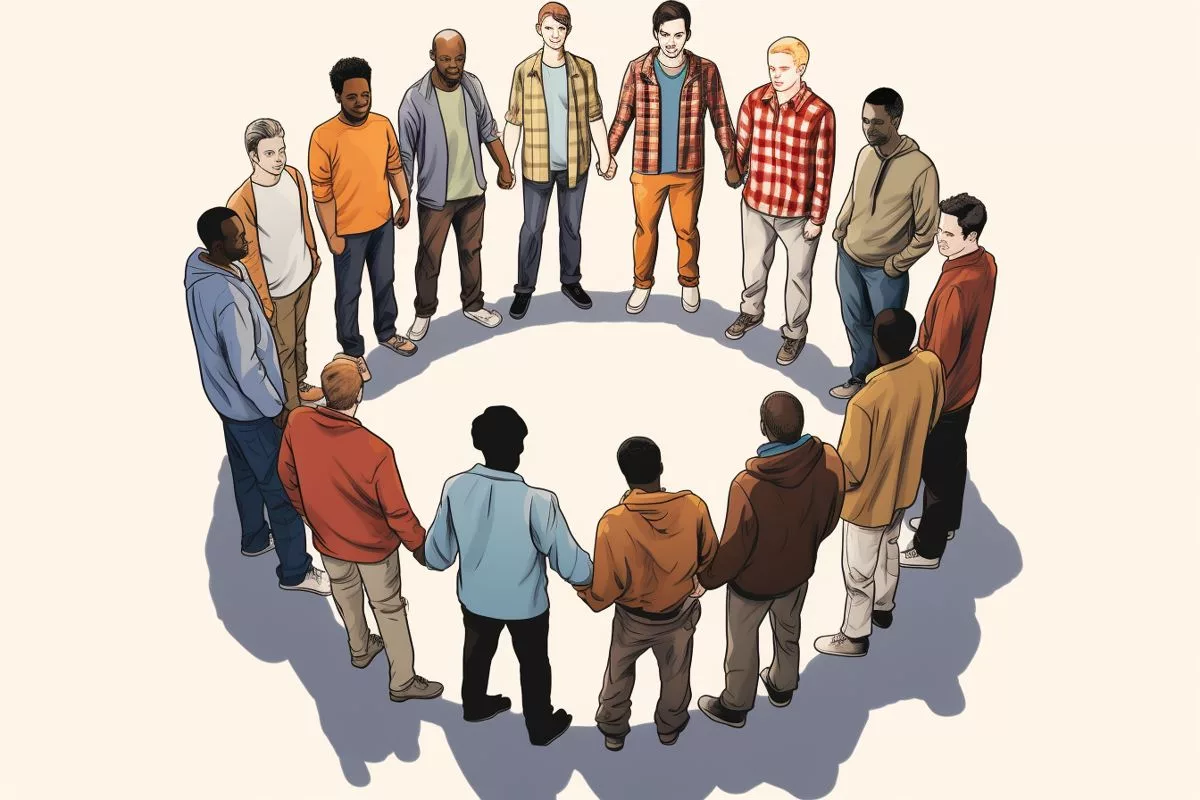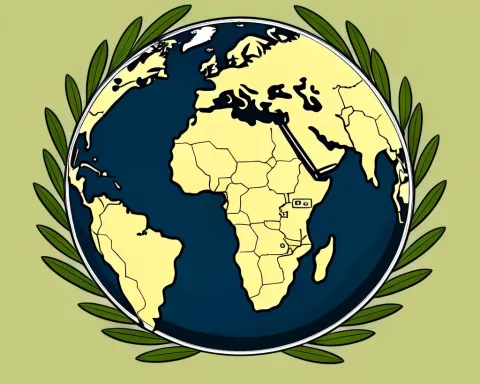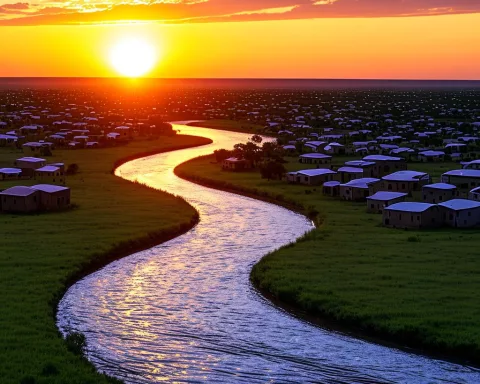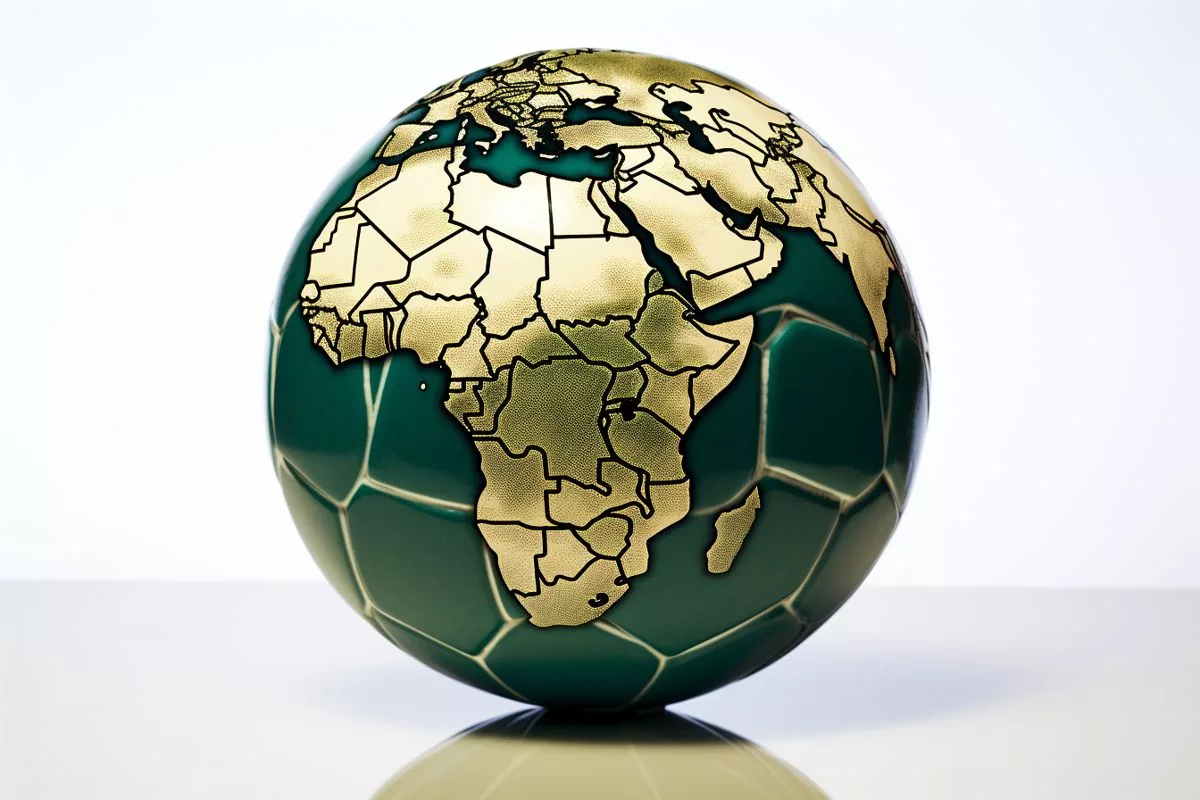The 3rd African Union Men’s Conference on Positive Masculinity was a groundbreaking event held in Pretoria and attended by influential global figures. The conference aimed to involve men and boys in the fight against gender-based violence and advocated for positive masculinity. President Cyril Ramaphosa emphasized the need for men to take center stage in bringing about change and encouraged traits like empathy, emotional intelligence, respect for diversity, and vulnerability. The conference serves as a vital platform to reinforce political commitment, expedite collective actions, and establish men’s role in eliminating violence against women and girls.
Shaping Positive Masculinity: What was discussed at the 3rd African Union Men’s Conference?
The 3rd African Union Men’s Conference focused on involving men and boys in the fight against gender-based violence and advocating for positive masculinity. It aimed to reshape societal standards and expectations imposed on men by encouraging empathy, emotional intelligence, respect for diversity, and vulnerability. The conference emphasized the need to provide safe environments for young men and boys to have open conversations free from judgment. The conference serves as a vital platform to reinforce political commitment, expedite collective actions, and establish men’s role in eliminating violence against women and girls.
A Groundbreaking Gathering in Pretoria
Situated in Pretoria‘s core, a historic event took place, the 3rd African Union Men’s Conference on Positive Masculinity. Supervised by South Africa’s President Cyril Ramaphosa, the conference signified an instrumental move towards a systematic shift in societal attitudes and practices concerning gender roles and equality. The objective was not to belittle or criticize masculinity. Instead, the focus was on reshaping it into a more encouraging, fair, and compassionate version.
The conference witnessed the attendance of influential global figures such as Azali Assoumani, the Chairperson of the African Union and President of the Union of the Comoros; Sahle-Work Zewde, Ethiopia’s President; Ameenah Gurib-Fakim, the former President of Mauritius; and Ellen Johnson Sirleaf, the former President of Liberia and a patron of the African Women Leaders Network. The participants came from diverse sectors of society, including academia, corporate entities, youth organizations, and civil society groups.
The event was not merely a gathering of intellectuals, but a convergence of a common vision. The assembly was strategically scheduled to start with the annual global campaign of 16 Days of Activism against Gender-Based Violence. This mindful timing underscored the urgency and significance of the issues on the discussion table.
President Ramaphosa’s Revolutionary Address
In his address, President Ramaphosa outlined the conference’s primary goal: to involve men and boys in the fight against gender-based violence. He underscored the necessity for men to take center-stage in bringing about change. The President urged a crucial reassessment of detrimental assumptions that foster patriarchy and sexism. He articulated that these harmful presumptions lead men and boys to perceive women as inferior beings who can be mistreated.
The conference was not solely focused on identifying and discussing the problem but also on advocating for positive masculinity. It aimed to question conventional stereotypes linked to manhood and to reshape societal standards and expectations imposed on men. The focus was on encouraging characteristics like empathy, emotional intelligence, respect for diversity, and vulnerability – traits usually disregarded in traditional masculinity models.
President Ramaphosa emphasized the need to provide safe environments for young men and boys to have open conversations free from judgment. In his role, he had previously organized the Presidential Young Men and Boys’ Indaba in Johannesburg – a forum where young men could express their experiences and goals in the battle against gender-based violence. The knowledge obtained from these discussions highlighted the demand for positive male role models and the immense stress young men encounter when dealing with societal expectations.
Ongoing Commitment and Broader Initiatives
The African Union Men’s Conference on Positive Masculinity is more than an annual event. It symbolizes a continuous pledge to shift gender relations across the African continent. The conference serves as a vital platform to reinforce political commitment, expedite collective actions, and establish men’s role in eliminating violence against women and girls.
Moreover, the conference acts as a springboard for more extensive initiatives. In South Africa, for example, various programs have been launched to stress the significance of positive masculinity in tackling gender-based violence. These initiatives cover numerous sectors, such as athletics, arts, education, and the workplace, often in collaboration with businesses, unions, and social partners.
President Ramaphosa beautifully encapsulated the vision of a society with gender equality. He emphasized that everyone, especially men, should aspire to be better fathers, caregivers, partners, and sons. He reiterated that combating gender-based violence is a collective duty, but the burden is even heavier on men.
The journey towards a more gender-balanced society is a daunting task, but the 3rd African Union Men’s Conference on Positive Masculinity acts as a glimmer of hope. The conference has sparked a growing circle of advocates committed to actualizing the Convention to End Violence Against Women and Girls in Africa. As President Ramaphosa concluded, “Let us leave no man and boy behind in this journey.” Indeed, the journey has only just begun, but the goal is a world where every woman, man, and child can experience genuine freedom and equality.
1. What was the focus of the 3rd African Union Men’s Conference?
The 3rd African Union Men’s Conference focused on involving men and boys in the fight against gender-based violence and advocating for positive masculinity.
2. Who attended the conference?
The conference witnessed the attendance of influential global figures such as Azali Assoumani, the Chairperson of the African Union and President of the Union of the Comoros; Sahle-Work Zewde, Ethiopia’s President; Ameenah Gurib-Fakim, the former President of Mauritius; and Ellen Johnson Sirleaf, the former President of Liberia and a patron of the African Women Leaders Network.
3. What did President Cyril Ramaphosa emphasize in his address?
President Cyril Ramaphosa emphasized the need for men to take center stage in bringing about change and encouraged traits like empathy, emotional intelligence, respect for diversity, and vulnerability.
4. What is the significance of the conference?
The conference serves as a vital platform to reinforce political commitment, expedite collective actions, and establish men’s role in eliminating violence against women and girls.
5. What ongoing initiatives have been launched in South Africa to promote positive masculinity?
In South Africa, various programs have been launched to stress the significance of positive masculinity in tackling gender-based violence. These initiatives cover numerous sectors, such as athletics, arts, education, and the workplace, often in collaboration with businesses, unions, and social partners.
6. What was President Ramaphosa’s vision for a gender-balanced society?
President Ramaphosa beautifully encapsulated the vision of a society with gender equality. He emphasized that everyone, especially men, should aspire to be better fathers, caregivers, partners, and sons. He reiterated that combating gender-based violence is a collective duty, but the burden is even heavier on men.












